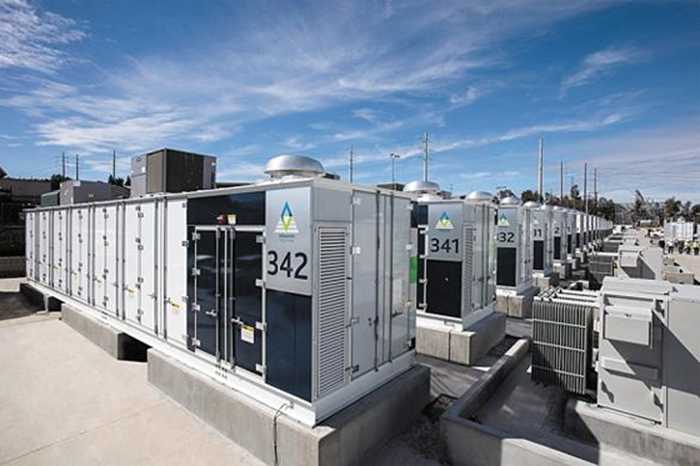Samsung and LG Eye Energy Storage Market
18 July, 2018

Samsung SDI and LG Chem, Korea's top two rechargeable battery makers, are eyeing the market for large-scale energy storage systems as a source of new revenues. Large-scale energy storage is the holy grail of solar, wind and other types of renewable energy.
They are turning to the market due to slowing demand for smartphone batteries and lackluster sales of automotive batteries in China, the world's largest market.
Samsung SDI has shifted output from car batteries to energy-storage batteries at its plant in Xi'an, China, while LG Chem has begun expanding energy-storage output at its plant in Nanjing.
An industry insider said energy-storage batteries can be manufactured at car battery plants, so shifting operating lines is quite easy.
Samsung SDI supplied around 13,000 energy-storage batteries for a solar power project in Hawaii in March. It hopes to tap into the burgeoning U.S. market, where renewable energy usage is surging. In China, it established an energy-storage joint venture with Sungrow to manufacture batteries and sell them in China, Japan and Canada.
LG Chem is expanding cooperative deals with major global companies. It will supply 1GWh worth of energy-storage batteries to AES Energy of the U.S. Last August, LG Chem signed a deal with furniture giant IKEA to supply energy storage. It also supplies U.S. solar power companies Sunrun and Pattersen-Dean.
The market has been growing rapidly in recent years as countries try to reduce their dependence on coal and nuclear power. According to market analysts Navigant Research, the global market is expected to grow from US$6.1 billion in 2017 to $42 billion in 2025.
At the same time, the markets for smartphone and car batteries are slowing. The annual growth rate of the global smartphone market has slowed to around two percent as saturation sets in, translating into a slowdown in sales of rechargeable batteries.
The Chinese market for automotive batteries is not expected to show meaningful growth because Beijing stopped subsidizing Korean businesses there. But there are no restraints yet on energy-storage systems, and Chinese companies are urgently reaching out to Korean manufacturers.
Samsung SDI and LG Chem hope that energy storage will drive earnings growth. Analysts forecast that Samsung SDI will post its first-ever profit this year in the mid-sized to large battery business.
LG Chem also estimates its operating profit in the second quarter of this year grew significantly compared to a year ago.
